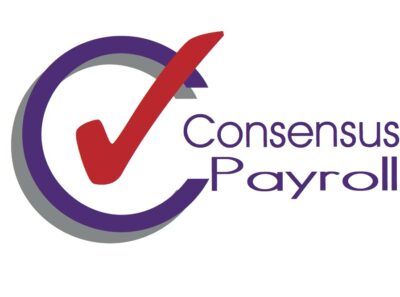Low Pay Commission starts work on recommendation for 2025 minimum wage | Consensus HR in Herts, Beds
Latest blog:
The Low Pay Commission (LPC), the independent body which advises the Government on the levels of the National Minimum Wage (NMW), including the National Living Wage (NLW), has launched a call for evidence to inform its advice to the Government on the minimum wage in 2025 and beyond.
With full details available on the GOV.UK website, it is seeking input to shape the recommendations which it will make to the Government this autumn, on minimum wage rates to apply from April next year.
The deadline for submitting evidence is 7 June 2024.
The Department for Business and Trade (DBT) has published a new remit for the LPC which can be found here.
This asks the Commission to recommend an NLW rate for April 2025 “to maintain the bite at two-thirds of median earnings and protect progress made to end low hourly pay for this group, without recommending any further revisions to the age threshold”.
The LPC estimates that the rate required to meet this aim is within the range of £11.61 and £12.18, with a central estimate of £11.89.
The Government also asks the LPC to monitor and evaluate the levels of each of the different NMW rates (under-18 and 18–20 age groups and apprentice rate) and make recommendations on the increases it believes should apply from April 2025, such that the rates are set as high as possible without damaging the employment prospects of each group.
The TUC has criticised the Government for its decision to “tie the hands” of the LPC.
General Secretary, Paul Nowak, said: “Keeping the minimum wage at two-thirds of median earnings will deliver a paltry increase of just 15 pence next year — based on the latest forecasts. Ministers should be instructing the LPC to aim for 75% of median pay. This would help deliver a £15 an hour minimum wage and make work pay for millions.”


Our HR comment:
Our HR Comment / Advice – Low Pay Commission starts work on recommendation for 2025 minimum wage | Consensus HR in Herts, Beds
Matthew Chilcott, FCIPD, ACEL, Owner of Consensus HR comments: “With the most recent pay rate increases happening at the beginning of this month with on average £1 per hour extra, it is interesting to see that that the low pay commission are starting to work on the rates for 2025. This article from HR inform gives some useful links to Government websites where further information can be found. We have written a number of previous blogs on minimum wage which can be found by clicking on the relevant title below:














